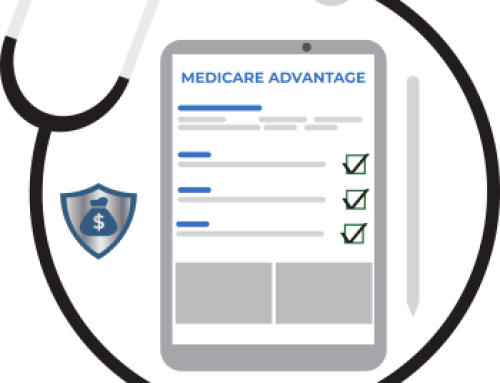| While most stakeholders agree the shift toward value-based care is imminent, the current political environment and uncertainty surrounding healthcare reform have caused many healthcare organizations to slow or stall their efforts to prepare for risk-based medicine. |
Multispecialty medical group and integrated delivery system revenue is increasingly risk-based, but these organizations continue to experience barriers that slow their progress toward total value-based healthcare, according to a new survey.
The annual survey from medical trade group AMGA examined 75 member organizations’ transition from fee-for-service to risk or value, the challenges they face as they navigate the transition and the proportion of member revenue that is risk-based.
Six survey findings:
1. The 2018 survey found that more than half of member revenue (56 percent) was risk-based in the government payer setting, and 28 percent was risk-based in the commercial payer setting.
2. From 2015 to 2018, federal fee-for-service payments to surveyed AMGA members decreased 20 percent. Commercial fee-for-service payments declined by 8 percent during that period.
3. The 2018 survey found that 74 percent of respondents said they would be prepared to participate in downside-risk payment models within two years. That’s up from 42 percent of 2015 survey respondents.
4. Forty-seven percent of 2018 survey respondents said commercial payers are offering no or limited access to risk products in their markets, compared to 70 percent of 2015 survey respondents.
5. In 2018, AMGA members reported barriers hindering progress toward value-based healthcare, including lack of access to administrative claims data from payers, as well as lack of a uniform data submission and reporting standard. They also cited change management challenges and physician compensation issues as barriers.
6. Medicare Advantage was the most dominant payment model AMGA members relied on in 2018. Medicare Advantage accounted for 30 percent of member revenue that year, compared to 22 percent in 2016.
Access the full survey results here.
While most stakeholders agree the shift toward value-based care is imminent, the current political environment and uncertainty surrounding healthcare reform have caused many healthcare organizations to slow or stall their efforts to prepare for risk-based medicine.





